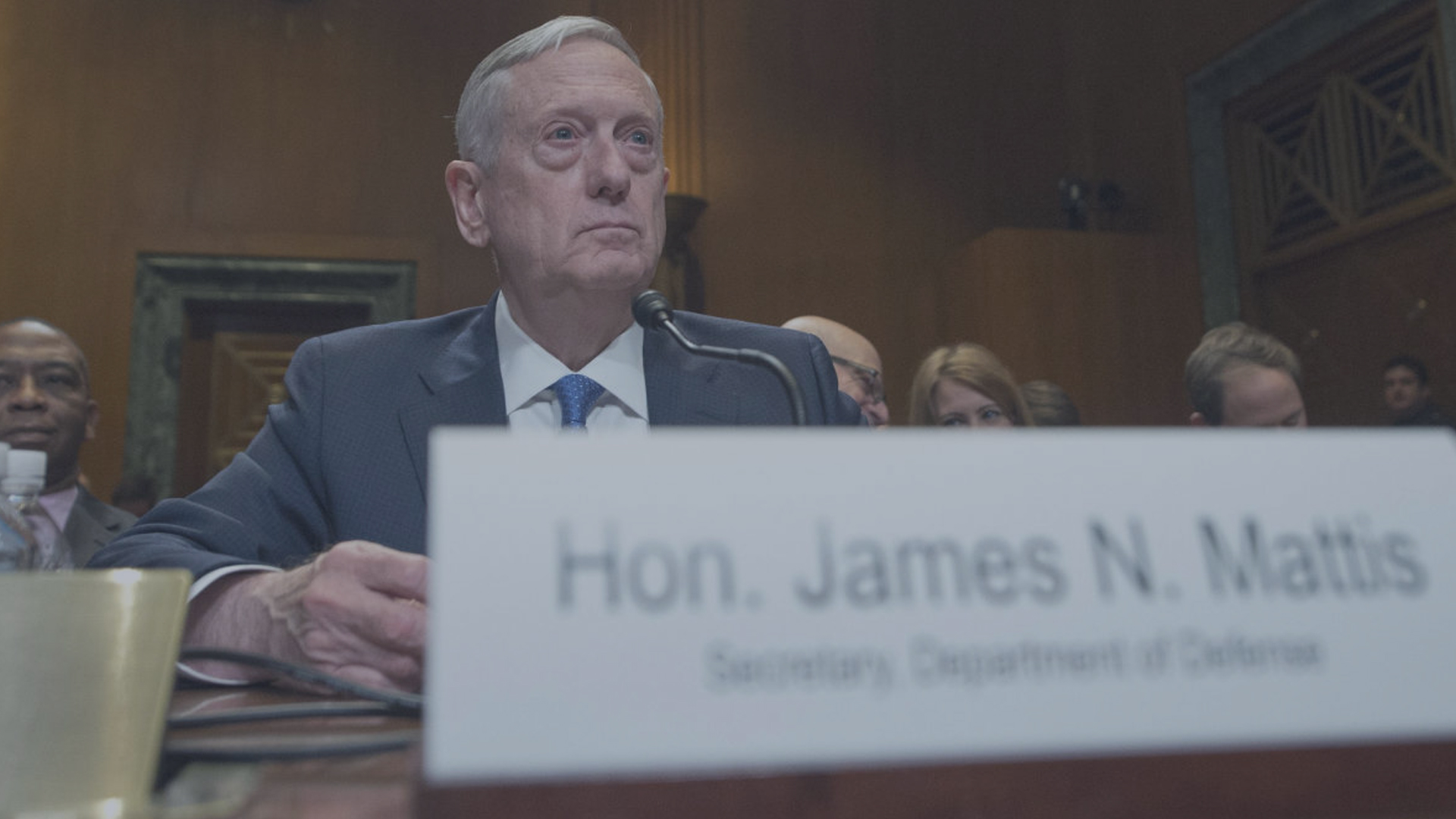There is a lack of women’s leadership in this country.
In companies, Congress, Hollywood, tech and certainly in our field of national security, relatively few women have made it to the top. Just as President Obama couldn’t erase racial bias, recent women Secretaries of State haven’t nearly evened the odds for women leaders. Just watch the Sunday talk shows and prime-time cable news panels, which showcase the utter domination of men in foreign affairs and policy more broadly. But it is also true in media, on the Hill, at the State, Defense, and Homeland Security Departments, as well as in the intelligence community, military and with contractors. Women occupy 30% of top leadership positions, at best. The Trump Administration is moving backwardon this issue, if anywhere. The situation is demoralizing for senior women as well as the next generation.
Yet research shows that more diverse leadership groups are more creative, innovative and more likely to avoid “groupthink.” Corporations with more women managers and board members are measurably more profitable. Female members of Congress are judged to be as or more effective than their male colleagues. And if there were no barriers, eventually the people with the most potential for excellence would rise, regardless of their gender or race. So while the lack of women especially women of color in top decision-making spots is a problem of fairness, it is also about making our institutions as successful as they can be.
Read the full article in TIME.


